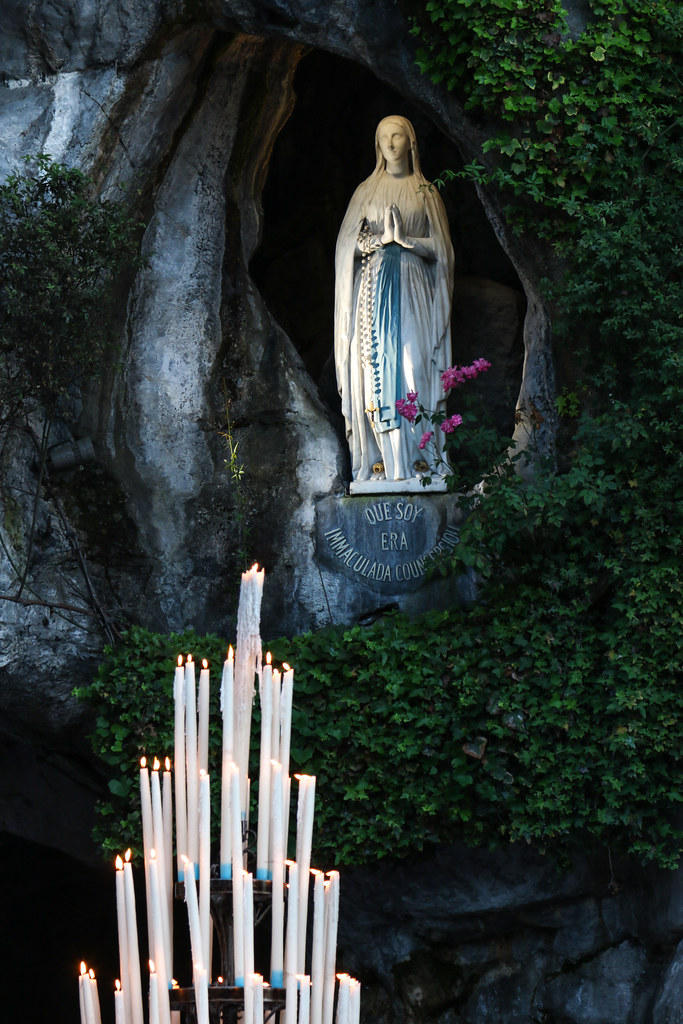
Immaculate
Formed as we are to a scientific mindset, we think of the way things happen in terms of cause and effect. You flick a switch and the light comes on. Interest rates rise, and consumer habits change. Factories in Newcastle send out noxious fumes, and Norwegian reindeer go bald. Our gadgets, our economy, our fragile ecosystem: all seem to obey this fundamental law of causation. It is easy to assume that it’s simply the way things are. Let’s be wary of that assumption, especially in matters of theology. Today’s feast, crucial to the unravelling of our redemption, rejoices in effects that precede their cause. The Immaculate Conception of the Blessed Virgin Mary is not some myth of romantic purity removing the Mother of God from humanity’s common run whose stains we know all too well. The message of this feast is not that Mary did not need to be redeemed. On the contrary, she is, we might say, more redeemed than anyone else, the recipient of a unique outpouring of grace.
From a homily for the Immaculate Conception
